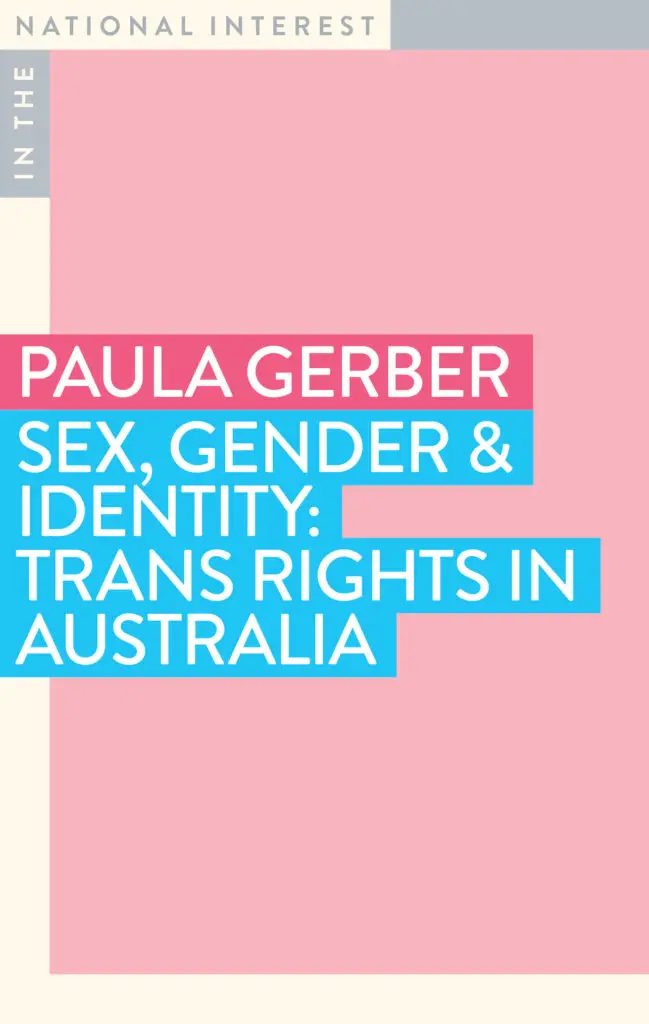We know that one of the biggest game-changers in reducing prejudice against gay, lesbian and bi people, is personal connection. When sexual minorities share their identities, experiences and stories with others, it lets people know them, and this in turn leads to reductions in levels of prejudice and bigotry. It is why Mitch Brown’s coming out as the first bi player – past or present – in the AFL, is so important. It might just be the thing that makes players and footy fans think twice about using homophobic slurs.
In the United States, approximately two thirds of adults say they personally know someone who is gay or lesbian, and this makes them more comfortable and accepting of diverse sexualities.
However, when it comes to knowing someone who is trans, there is a steep drop, with only 36-40% of the population saying they know anyone who is trans, and even fewer (25-28%) saying they know someone who is non-binary. In other words, most people know someone who is gay, but most people do not know someone who is trans or non-binary. People’s lack of familiarity with people who are trans or non-binary, makes it easier for misunderstanding, fear and hostility to thrive, and misinformation and disinformation to be believed.
Proximity is the term we use to refer to meaningful interactions or relationships with others, which can lead to a reduction in prejudice and discrimination. Proximity fosters understanding and lessens ‘othering’, that is, labelling and treating a person, or group of people, as different. Proximity is, in effect, the antidote to othering; it increases empathy, reduces fear of difference and diminishes stereotypes. Research has found that contact between people of different groups helps to promote positive relations, eliminates marginalisation and exclusion and leads to more inclusive societies.
Since we know that proximity helps reduce stigma and fear, increasing opportunities for authentic interaction and meaningful relationships between trans and cisgender people, is likely to lead to a reduction in transphobia. In other words, increasing visibility and authentic connections between trans and cis individuals, will probably lead to wider acceptance of trans people, just as it has for gays, lesbians and bi people.
However, when only 0.9% of Australians aged 16 and over identify as trans or gender diverse, (approximately 178,900 individuals) it is difficult for all Australians to personally know a trans or non-binary person. In these circumstances, media has a huge role to play in helping the majority population understand and become familiar with a minority group.
Unfortunately, some mainstream media outlets seem intent on publishing a prolific number of articles that focus on biased and harmful representations of trans people. The Australian newspaper, for example, has been criticised for its use of alarmist headlines, misleading information and the exclusion of transgender voices. Murdoch Press publications appear to publish a disproportionately high number of articles about trans women and 90% of them frame transgender people and issues in a negative way, frequently using dehumanising language, depicting trans people as dangerous predators and fuelling negative public perceptions trans people.
There are some authentic and reliable depictions of trans and gender diverse people that help to counteract the negative media portrayals. Examples include, The ABC’s You Can’t Ask That episode on transgender people which helps debunk a lot of myths and misconceptions, and the Netflix documentary Will & Harper, which follows the actor Will Ferrell and his close friend Harper Steele on a road-trip across the US, shortly after Harper, a long-time writer and former head writer at Saturday Night Live, comes out as a trans woman.
By facilitating safe interactions in everyday social, educational and workplace settings, and increasing accurate and respectful representation of trans people in the media, we can help ensure trans and non-binary Australians are seen, respected and valued members of our communities. It is time for Australia to harness the power of proximity and authentic connection, as a way of enabling genuine relationships, improving visibility and combatting trans fear, bigotry, vilification and discrimination.
Paula Gerber is a professor of human rights law at Monash University and the author of ‘Sex, Gender and Identity: Trans Rights in Australia (Monash University Publishing), out now.

Photo – Pictured: Paula Gerber, Source: Supplied

